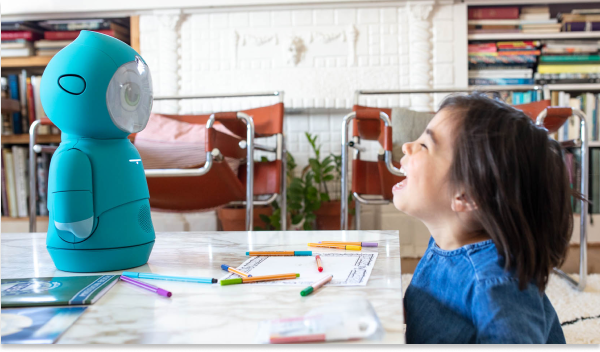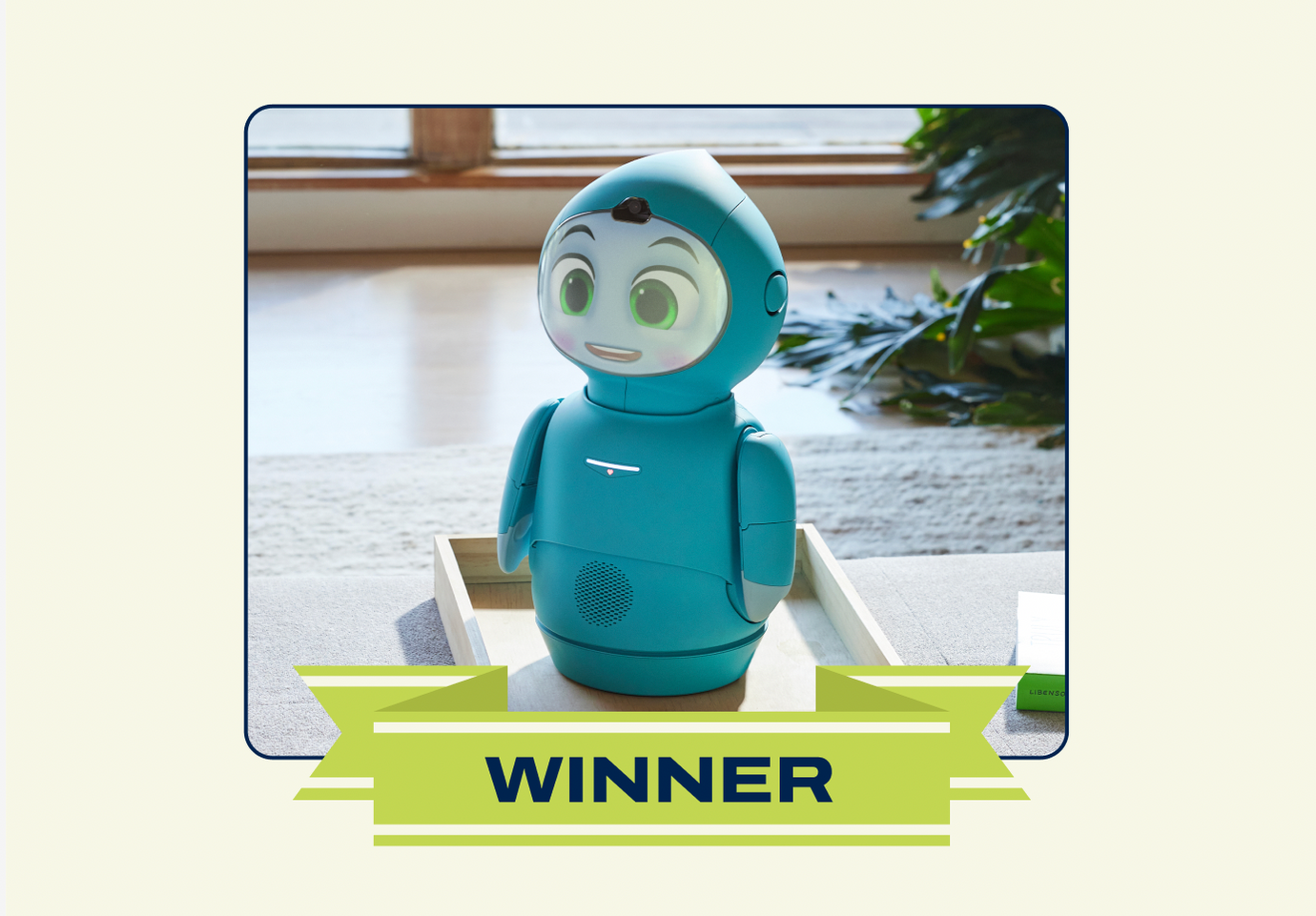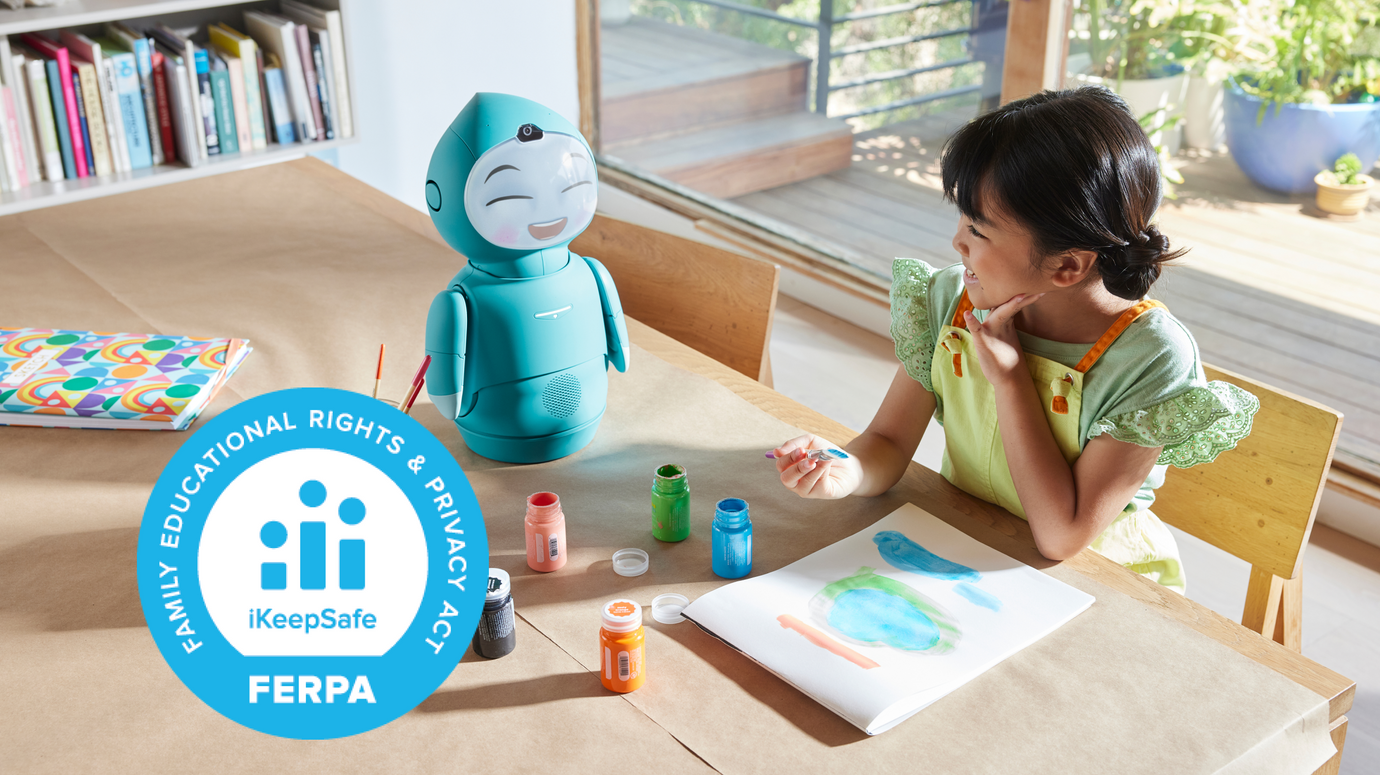Recognizing Mental Health Struggles in Kids

Children, like adults, can have both good and bad mental health days, and experience the full spectrum of emotions. However, if you notice that your child is exhibiting serious changes in their mood or behavior, they might be experiencing mental health challenges that require additional help and support. Here are some signs to look out for, and ways to seek out support and help if your child is struggling with their mental health.
Recognizing the Signs
The most common mental health disorders that are diagnosed in children include Attention Deficit Hyperactivity Disorder (ADHD), anxiety, and behavioral disorders. Below are some signs that your child might be dealing with mental health challenges that require more professional support:
- Having frequent tantrums or meltdowns where it is difficult to help them calm down using typical strategies
- Often feeling fearful or worried to the point where it is hindering their ability to participate in daily activities
- Complaining about frequent headaches or stomach aches without a known medical reason
- Inability to sit still and engage in activities that they typically enjoy
- Sleeping too much or too little, or experiencing frequent nightmares
- Reduced interest in playing with others or making friends
- Experiencing a decline in grades or a reduced ability to concentrate at school
If your child is expressing thoughts of self-harm or suicidal ideation, it is important to seek out professional support immediately.
Seeking Out Support
If you are aware that your child is experiencing mental health challenges, being proactive and seeking out additional support is an important first step. Talk to others who interact with your child on a frequent basis, such as their teacher, coach, or childcare providers to see if they have been noticing the same signs.
You can also make an appointment with your child’s pediatrician or healthcare provider. They will be able to discuss your child’s behavior and mental state, and recommend an evaluation from a mental health professional if it is necessary.
There are resources available online to learn more about mental health issues your child may be experiencing and how to seek out support and treatment, such as:
- National Institute of Mental Health: https://www.nimh.nih.gov/health/find-help
- ChildMind.Org: https://childmind.org/topics-a-z/
Treatment Options
If your child is diagnosed with a mental health disorder, there are different treatment options that health professionals may recommend:
Parenting a child with mental health challenges can be difficult, but there are always support options available. It’s important to recognize the signs that your child is struggling with their mental health early, and seek out resources to help your family.







